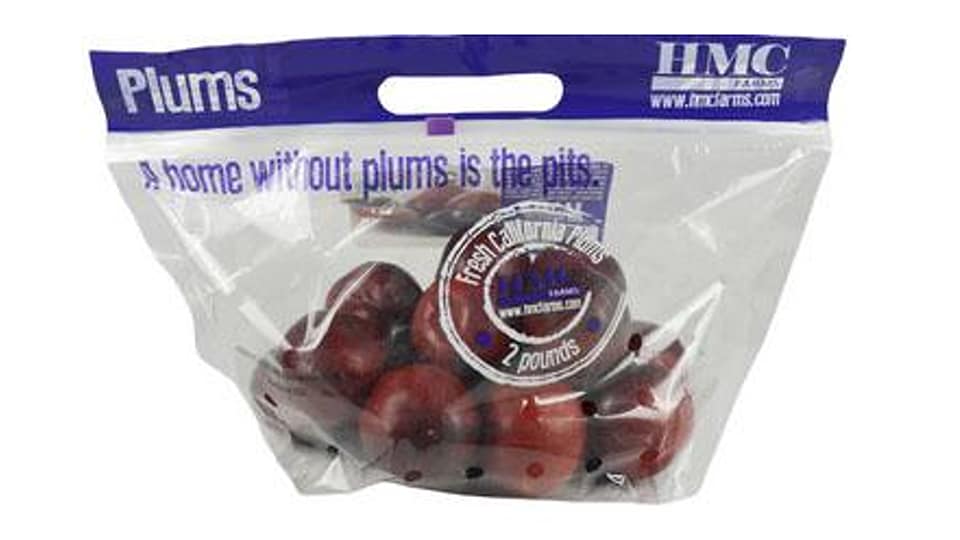Food safety alert
This outbreak is over. Learn what you can do to protect yourself from getting sick from Listeria.
Fast Facts
United States
- Cases: 11
- Hospitalizations: 10
- Deaths: 1
- States: 7
This outbreak is over. Learn what you can do to protect yourself from getting sick from Listeria.
Outbreak Investigation Summary
Data showed that whole peaches, nectarines, and plums distributed by HMC Farms made people in this outbreak sick.
- Of the seven people interviewed, all (100%) reported eating peaches, nectarines or plums.
- The outbreak strain of Listeria was found in a sample of HMC Farms peaches. WGS showed that the Listeria in the peaches were closely related to bacteria from sick people.
Recalled food
Recalled peaches, nectarines, and plums are no longer available for sale and the use-by dates have passed. All recalls that resulted from this investigation are listed on FDA's recall website.



What you should do
Stay Healthy and Prevent Listeria
- Find out if you are at higher risk for getting sick with Listeria.
- Learn which foods are more likely to contain Listeria and take steps to prevent getting sick.
- Stay up to date on food recalls and outbreaks to avoid getting sick from eating contaminated food.
Symptoms of Listeria
- Listeria is especially harmful to people who are pregnant, aged 65 or older, or with weakened immune systems. This is because Listeria is more likely to spread beyond their gut to other parts of their body, resulting in a severe condition known as invasive listeriosis.
- For people who are pregnant, Listeria can cause pregnancy loss, premature birth, or a life-threatening infection in their newborn.
- For people who are 65 years or older or who have a weakened immune system, Listeria often results in hospitalization and sometimes death.
- For people who are pregnant, Listeria can cause pregnancy loss, premature birth, or a life-threatening infection in their newborn.
- Symptoms usually start within 2 weeks after eating food contaminated with Listeria, but may start as early as the same day or as late as 10 weeks after.
- Pregnant people usually have fever, muscle aches, and tiredness.
- People who are not pregnant usually have fever, muscle aches, and tiredness. They may also get a headache, stiff neck, confusion, loss of balance, or seizures.
- Pregnant people usually have fever, muscle aches, and tiredness.
- For more information about Listeria, see About Listeria infection.
